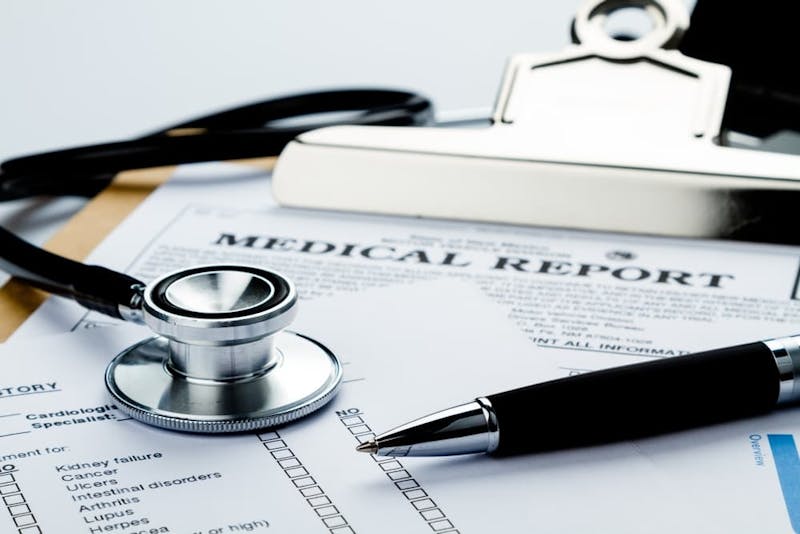Get a Free Consultation
2 minute response
24 hours a day, 7 Days a Week
Dedicated Trust Guss Intake Team

Car accidents can leave behind more than just damaged vehicles—they often result in hidden injuries that don’t show symptoms until days later. If you’ve recently been in a crash, don’t assume you’re in the clear just because you don’t feel pain right away. Getting a medical exam immediately after an accident is one of the most important steps you can take—for your health and your personal injury claim.
In the moments after a crash, your body releases adrenaline and endorphins—hormones that act as natural painkillers and boost your alertness. This “fight-or-flight” response can mask the pain of serious injuries, making you feel fine when, in fact, you’re not.
It’s common for symptoms of internal injuries, whiplash, concussions, or spinal issues to surface hours or even days after the crash. Without timely medical treatment, these injuries can worsen and cause long-term complications.
Even at speeds of just 30–40 mph, your body absorbs an enormous amount of force in a collision. This can result in:
These injuries might not be obvious right away but can require hospitalization, surgery, or ongoing rehabilitation if untreated.
After a crash, your physician may order one or more of the following diagnostic scans:
Even if you “feel fine,” these scans can uncover injuries that might otherwise go unnoticed—until it’s too late.
Waiting too long to seek treatment after an accident can make your injuries worse. Take whiplash, for example. Without early care, it can lead to chronic pain, reduced range of motion, and even degenerative disc disease. Untreated internal injuries can be life-threatening. Minor symptoms may spiral into major health issues.
Legally, delaying care can also damage your injury claim. Insurance companies often argue that your injuries weren’t serious or weren’t caused by the accident if there’s a large gap between the crash and your medical evaluation.
Your medical records don’t just guide your recovery—they also build the foundation of your personal injury claim.
Your car accident attorney will use your documentation to show:
Without this documentation, it’s much harder to hold the at-fault party accountable and recover the compensation you deserve.
Not at all. While it's best to seek medical care immediately after the crash, it's never too late to be evaluated if you're in pain—or if new symptoms have started appearing.
As long as you’re still within the statute of limitations (typically 2 years in Texas), you may still be able to file a claim. But time is not on your side. The longer you wait, the harder it becomes to prove the accident caused your injuries.
Once you’ve had a medical exam and secured legal representation, your personal injury attorney will:
In the meantime, it’s crucial that you follow your doctor’s treatment plan. Attend all appointments, take your prescribed medications, and keep records of everything related to your recovery.
If you’ve been in a crash—whether you’re experiencing pain now or not—don’t wait. Getting a medical exam protects your health, and working with a qualified car accident lawyer protects your right to full compensation.
At Trust Guss Injury Lawyers, we’ve helped thousands of accident victims across Texas recover after serious injuries. Our team is available 24/7 to answer your questions and review your case—for free.
Call 800-898-4877 or contact us online today for your no-obligation consultation. You pay nothing unless we win.
2 minute response
24 hours a day, 7 Days a Week
Dedicated Trust Guss Intake Team